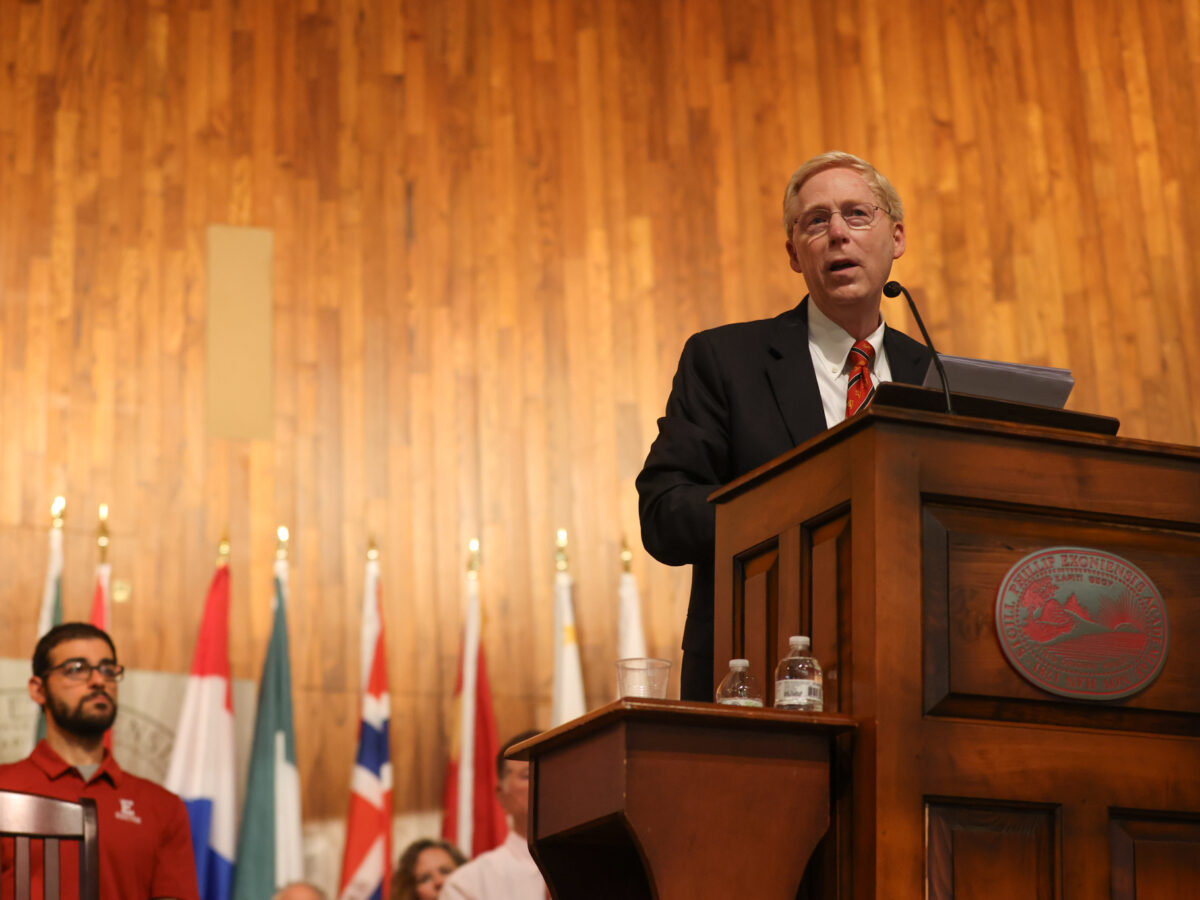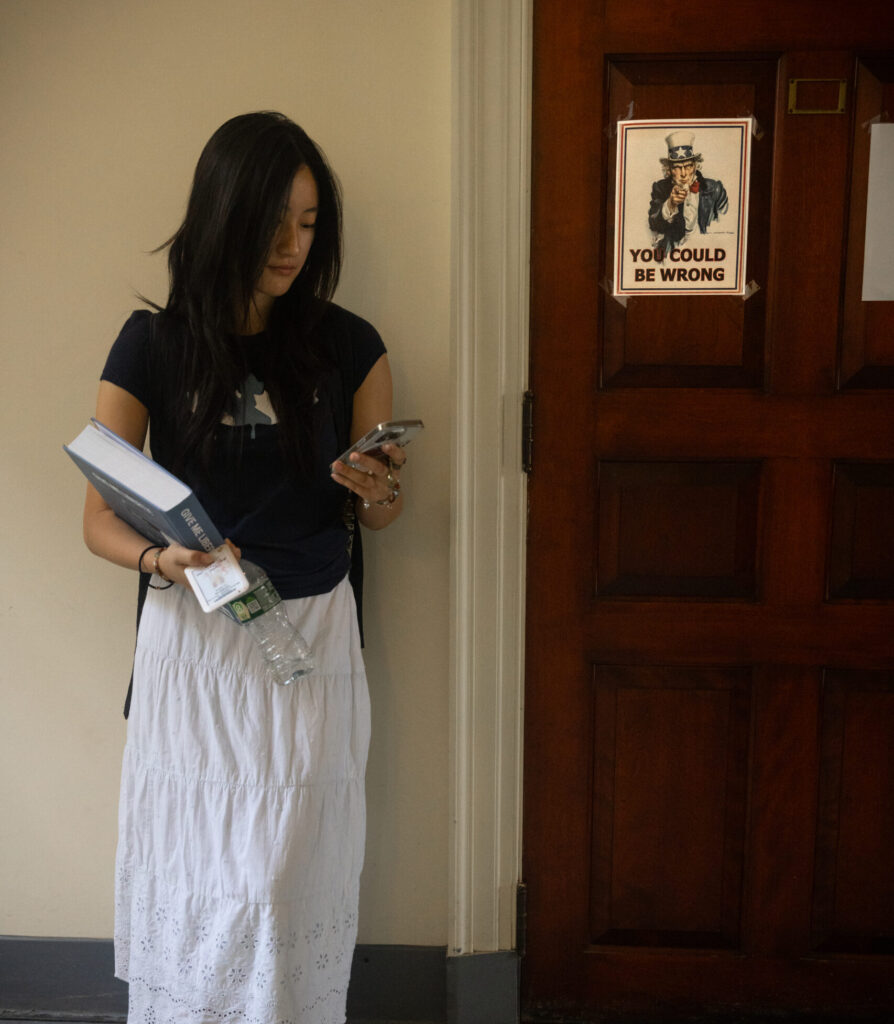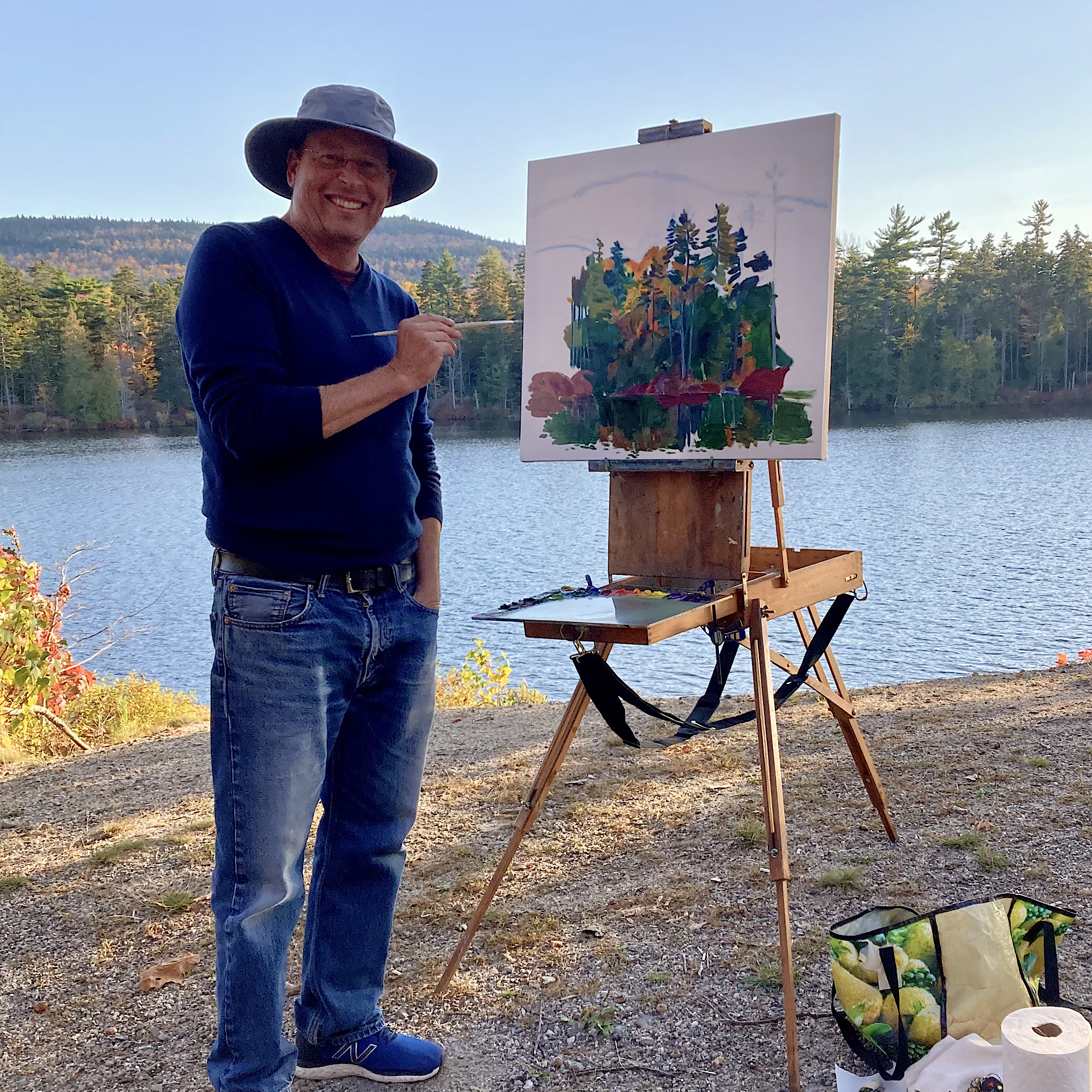Global Initiatives:
Global Initiatives:
Live to learn
Exeter’s first expedition to Morocco
For many Exonians, the weeks between terms — think summer and spring break! — are the best times to spread their wings and dive deeply into subjects that are more easily understood outside the traditional classroom. In fact, during the 2023-24 academic year, 162 students and 28 adults traveled around the world to continue learning together in off-campus programs during school breaks.
“A break program begins with an idea, with a vision, with a goal,” says Patty Burke Hickey, director of Global Initiatives. “It arises from faculty members, students, alums and visiting scholars. The genesis for the new summer trip to Morocco began in the fall of 2022, when Instructor in History Khalid Madhi came to the Office of Global Initiatives with a question: What would it take to develop a program in Morocco for students to learn about the history and culture of the country firsthand?”
Twenty months later — after much research, permissions and discussion — 12 students and two faculty members (Madhi included) were on a flight from Boston to Tangier.
Here’s the story of that 12-day trip as the students told it on social media.
Postcards from Morocco
Students shared their daily experiences through the Instagram account – pea.morocco.2024
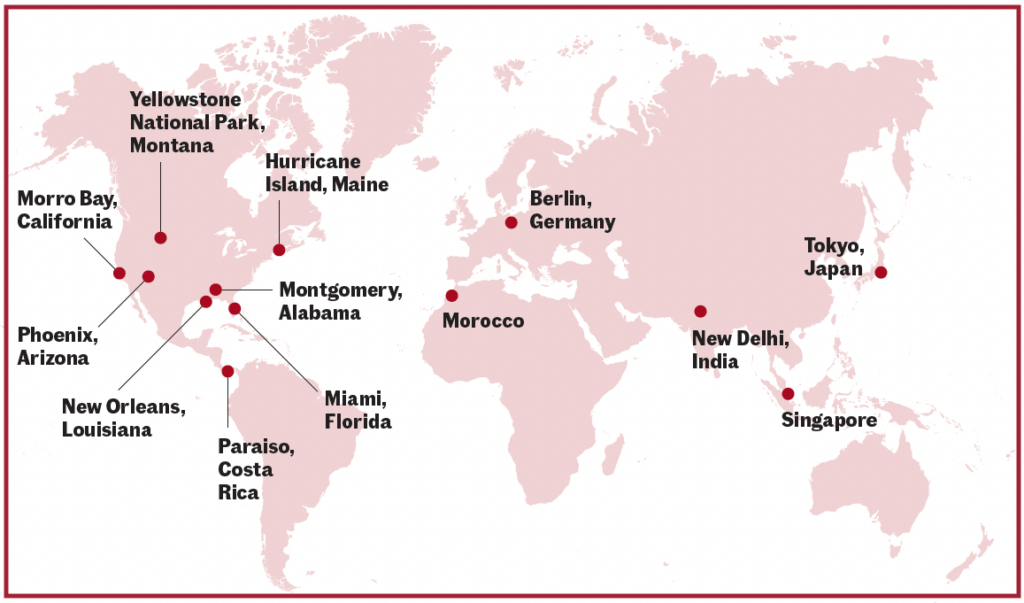
Where in the world?
During the last academic year, 162 students and 28 adults traveled around the world to continue learning together during school breaks. Where would you want to visit?
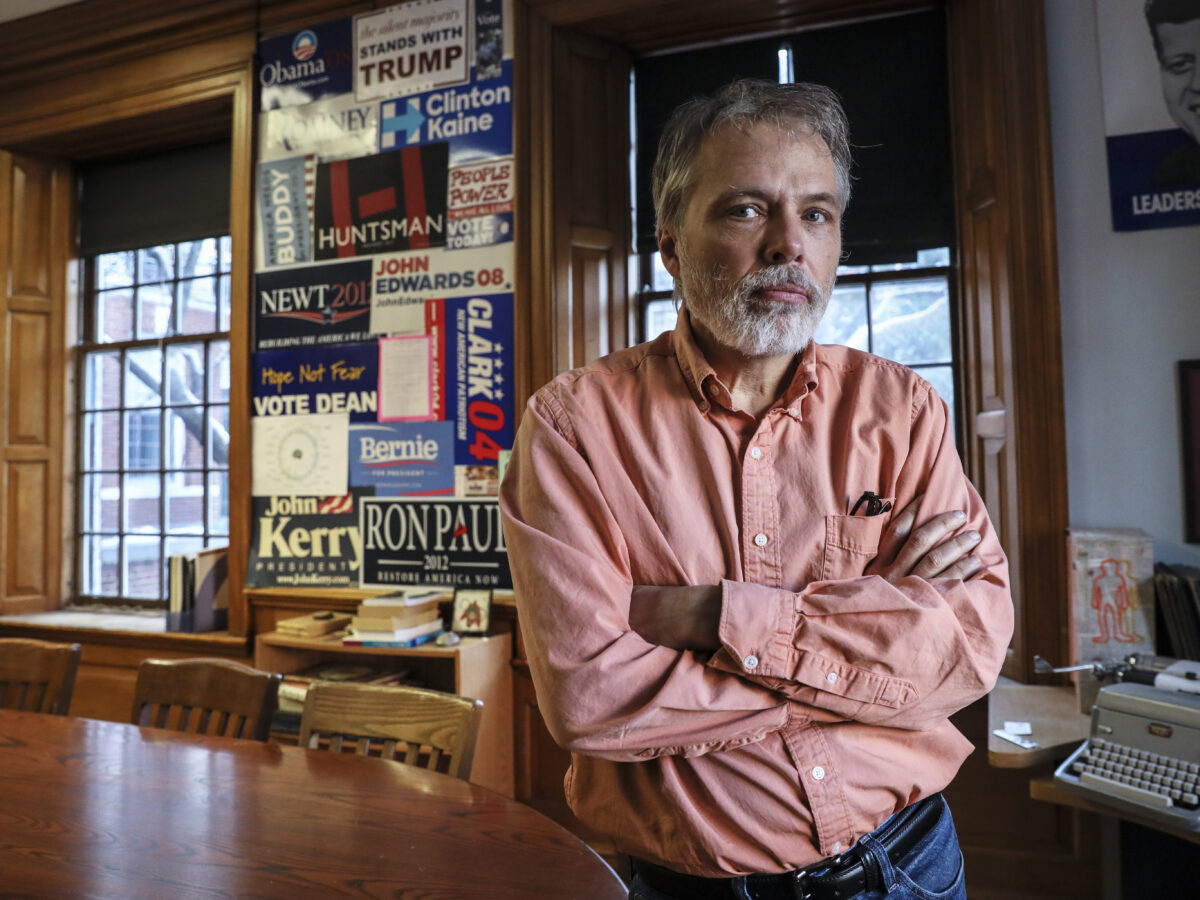

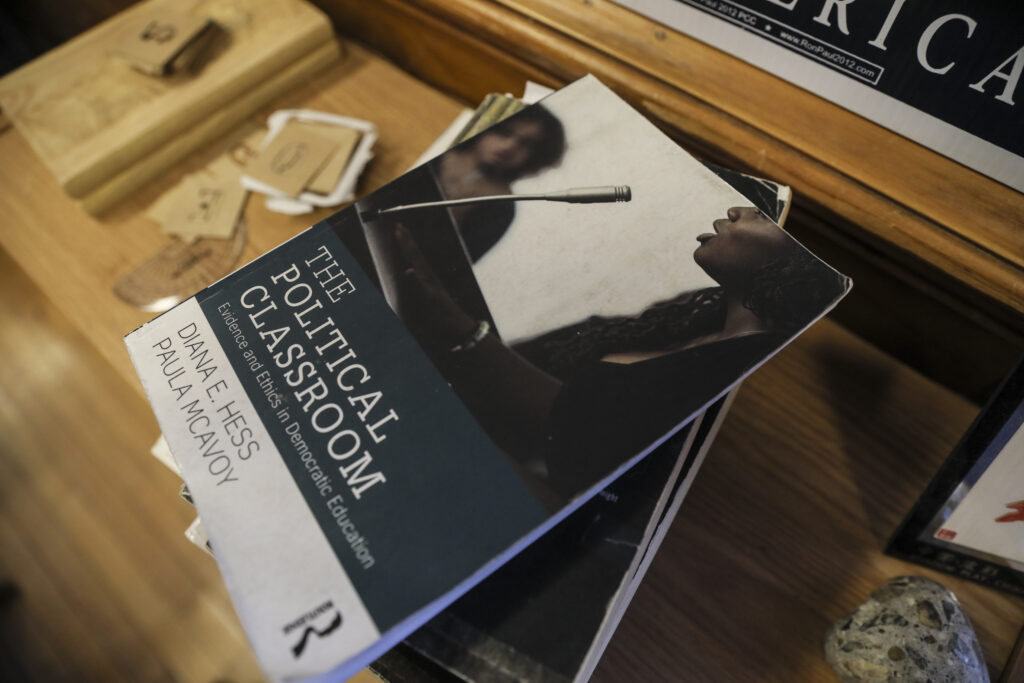
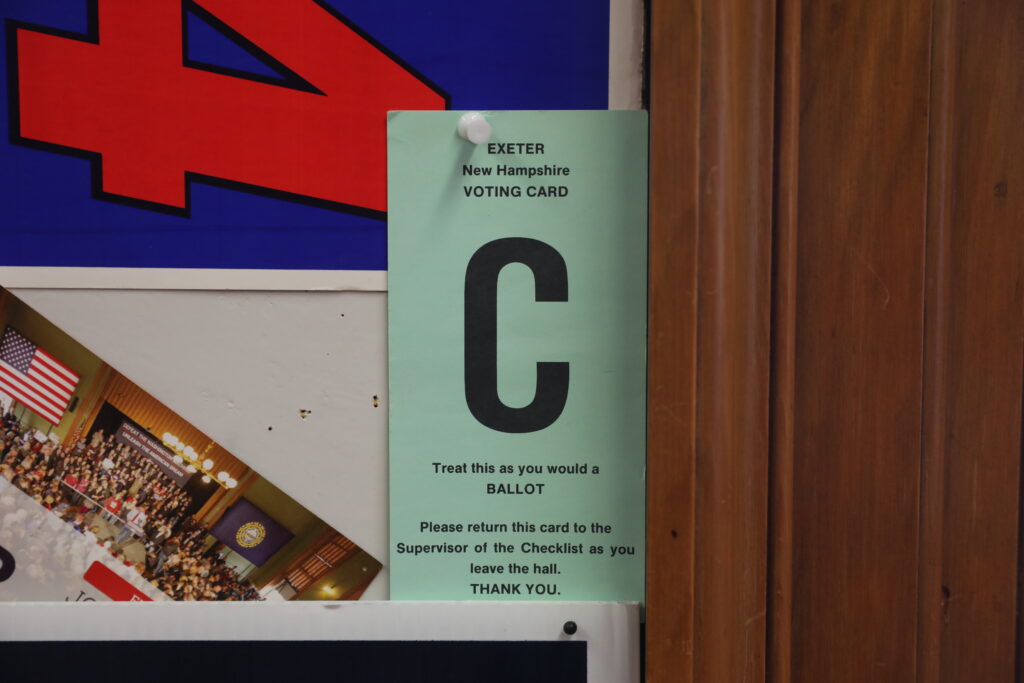


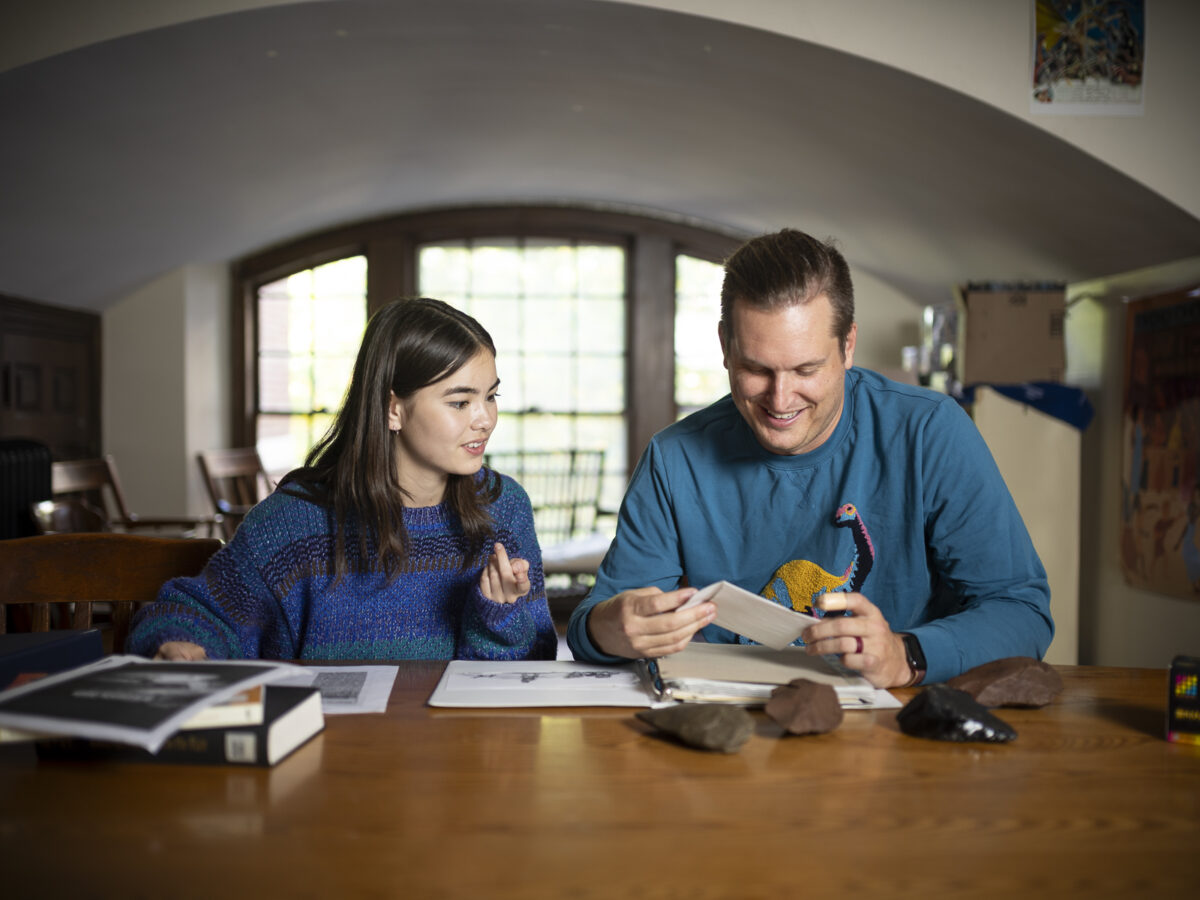
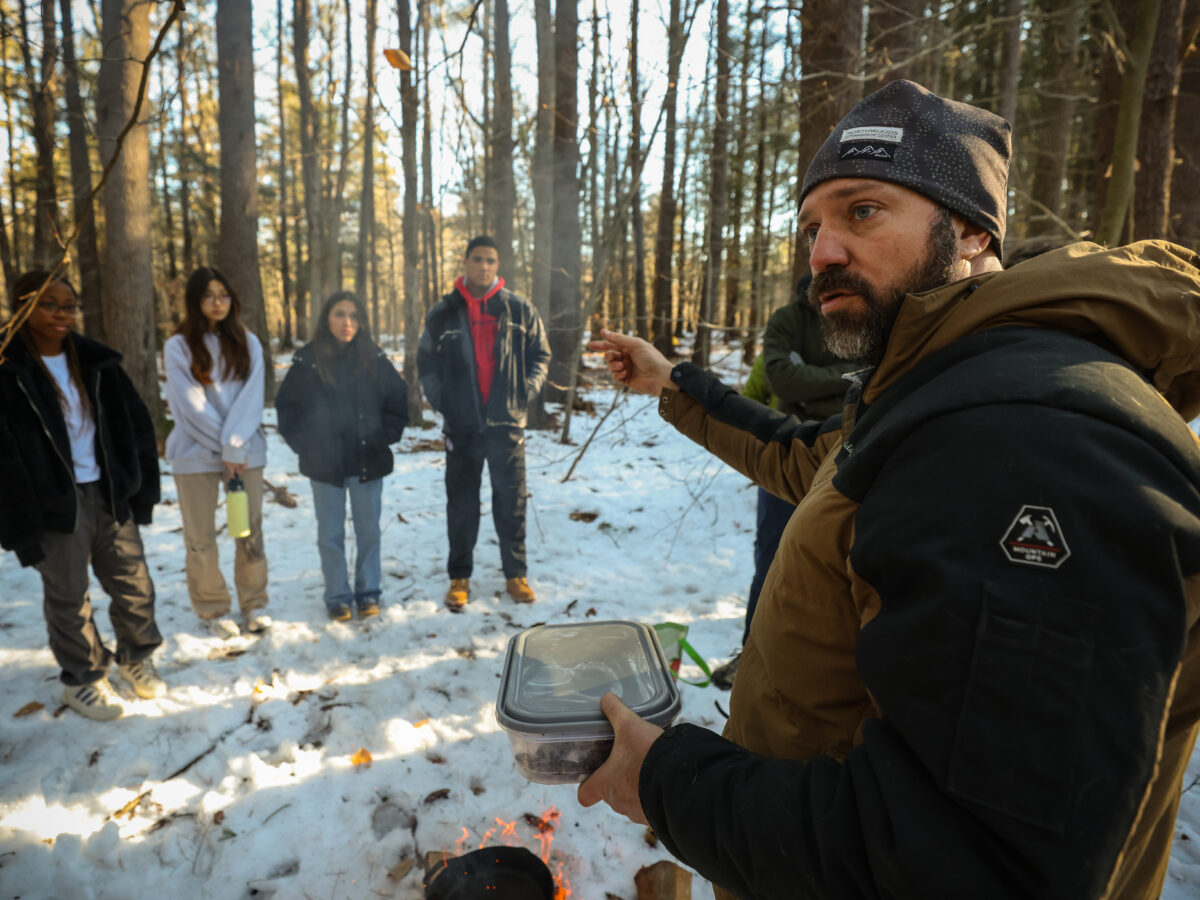
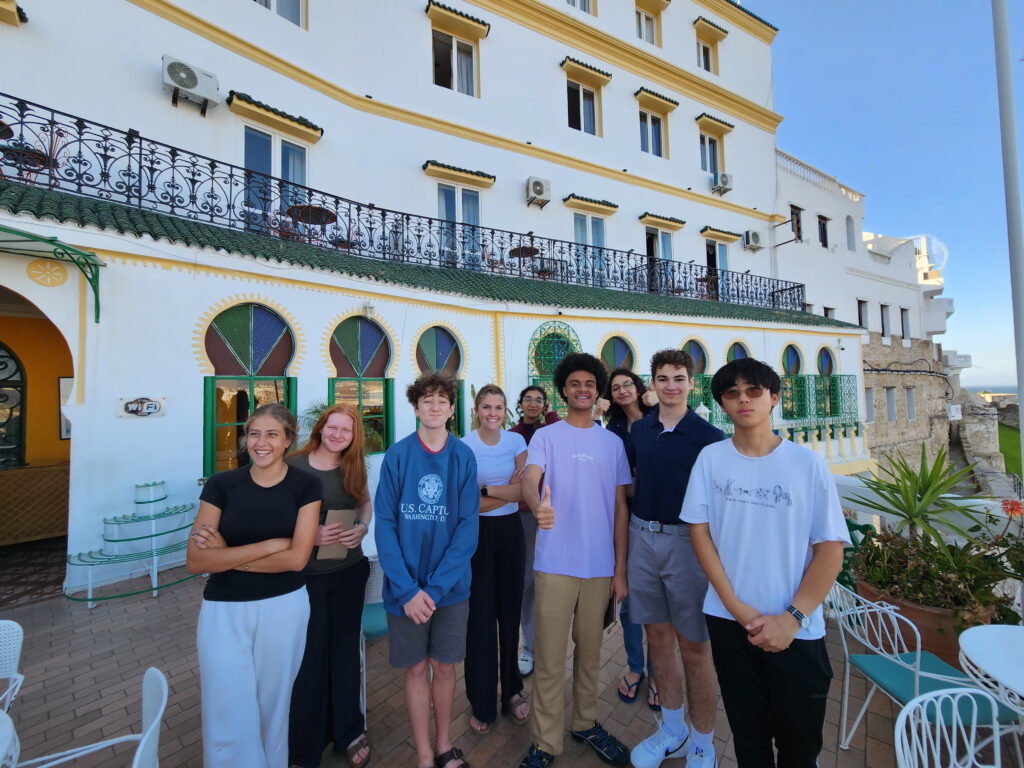

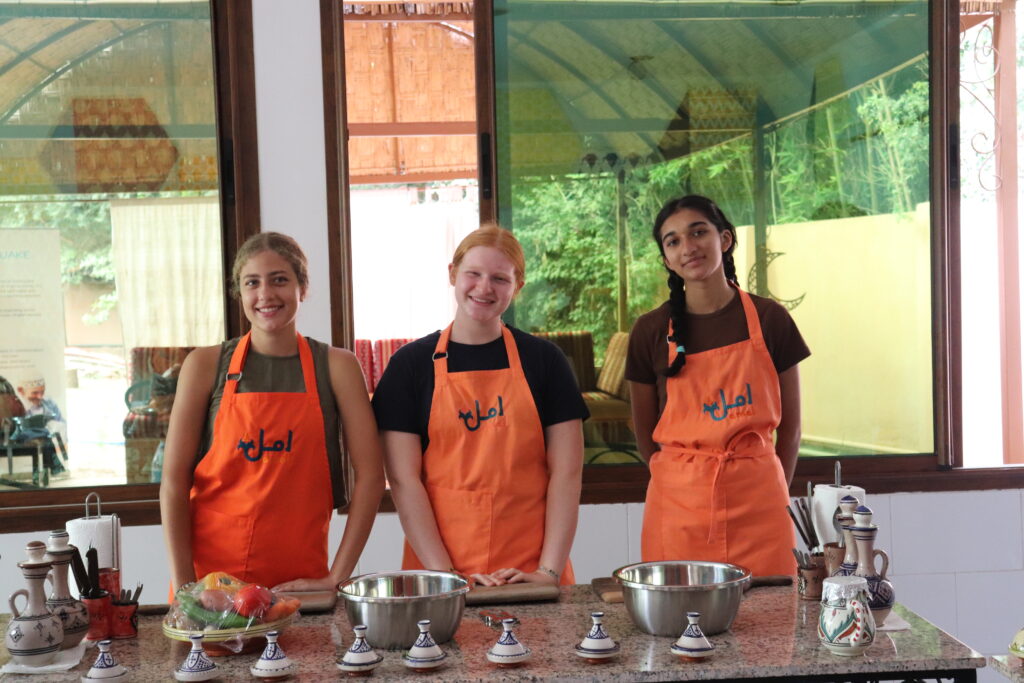

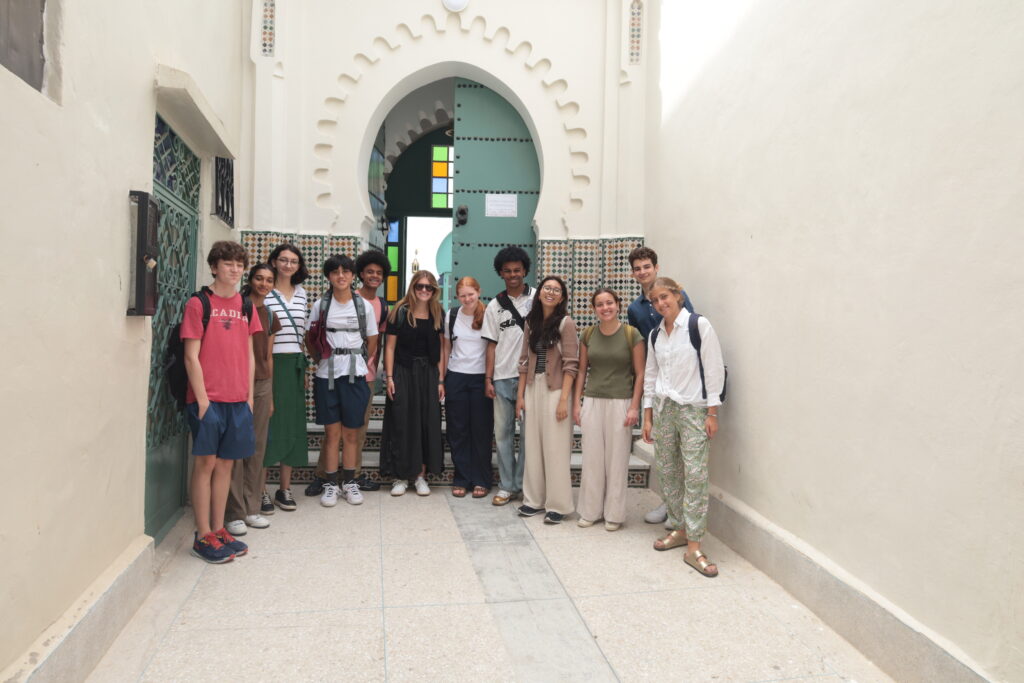



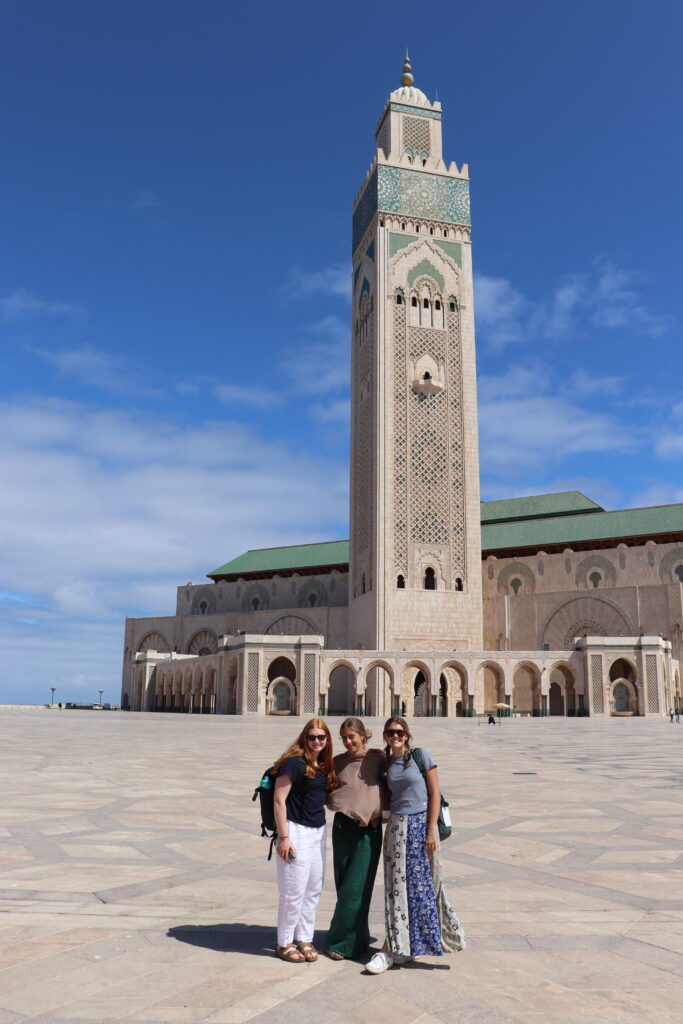

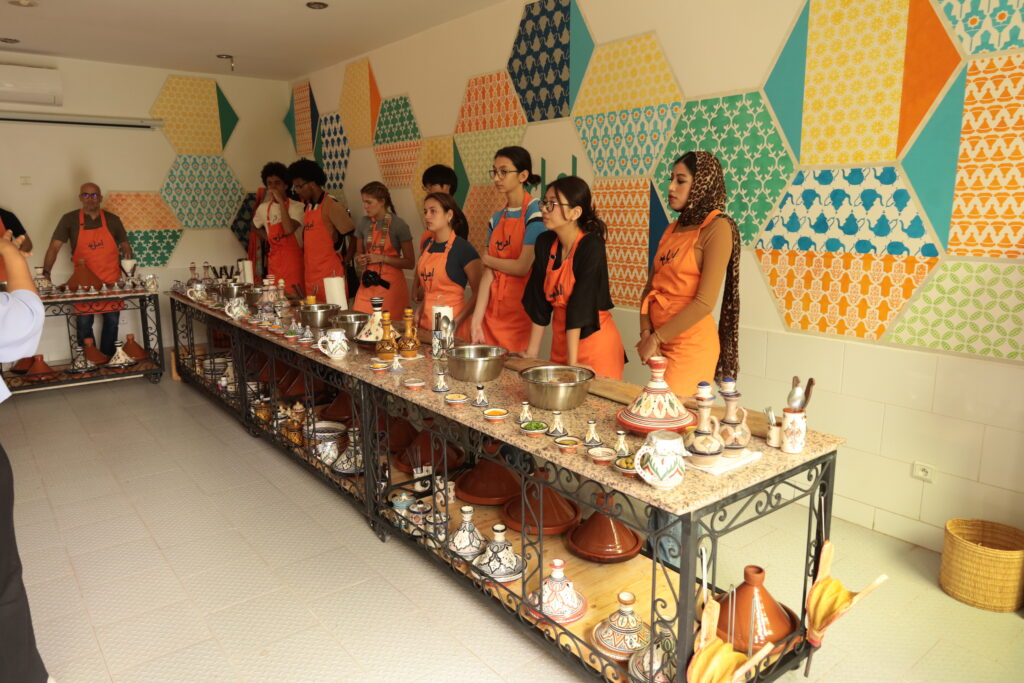
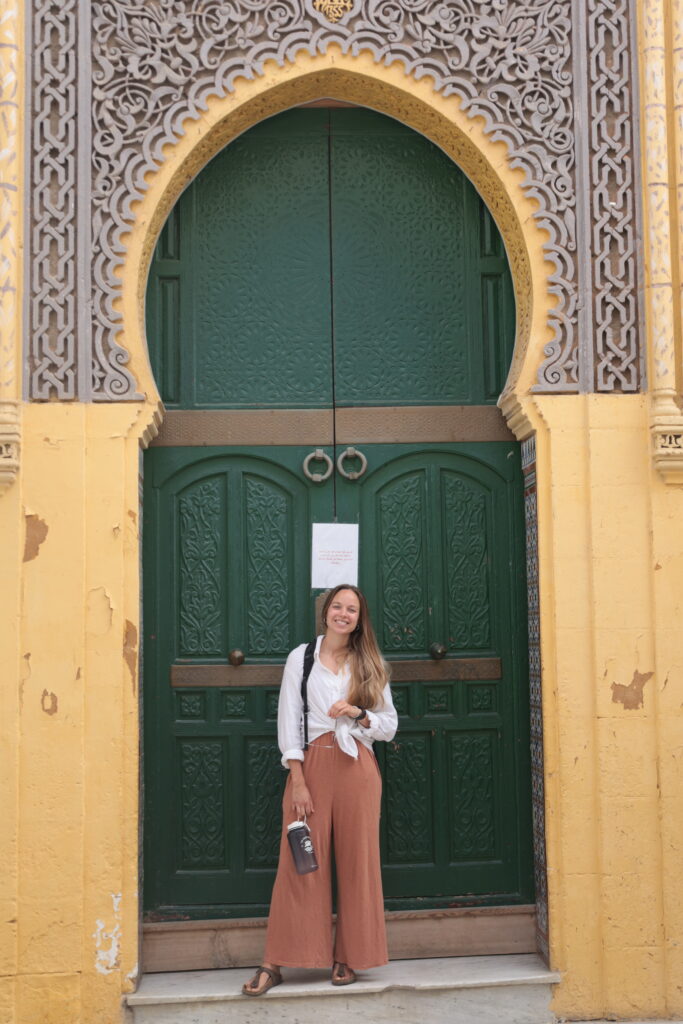

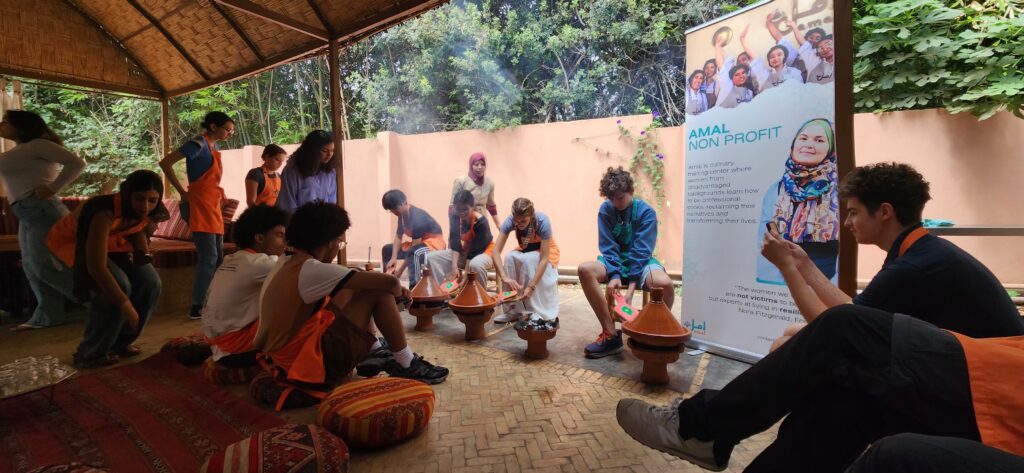
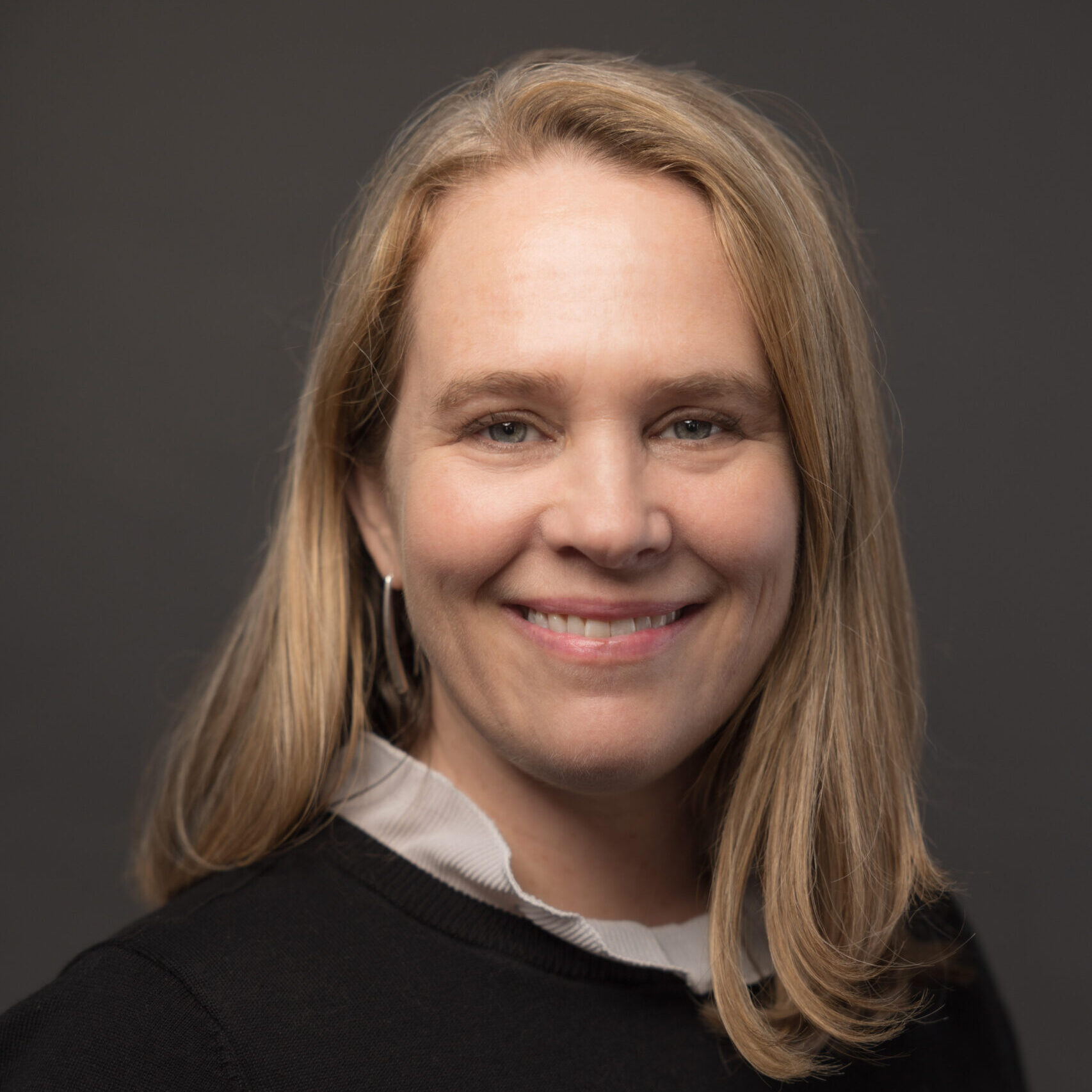


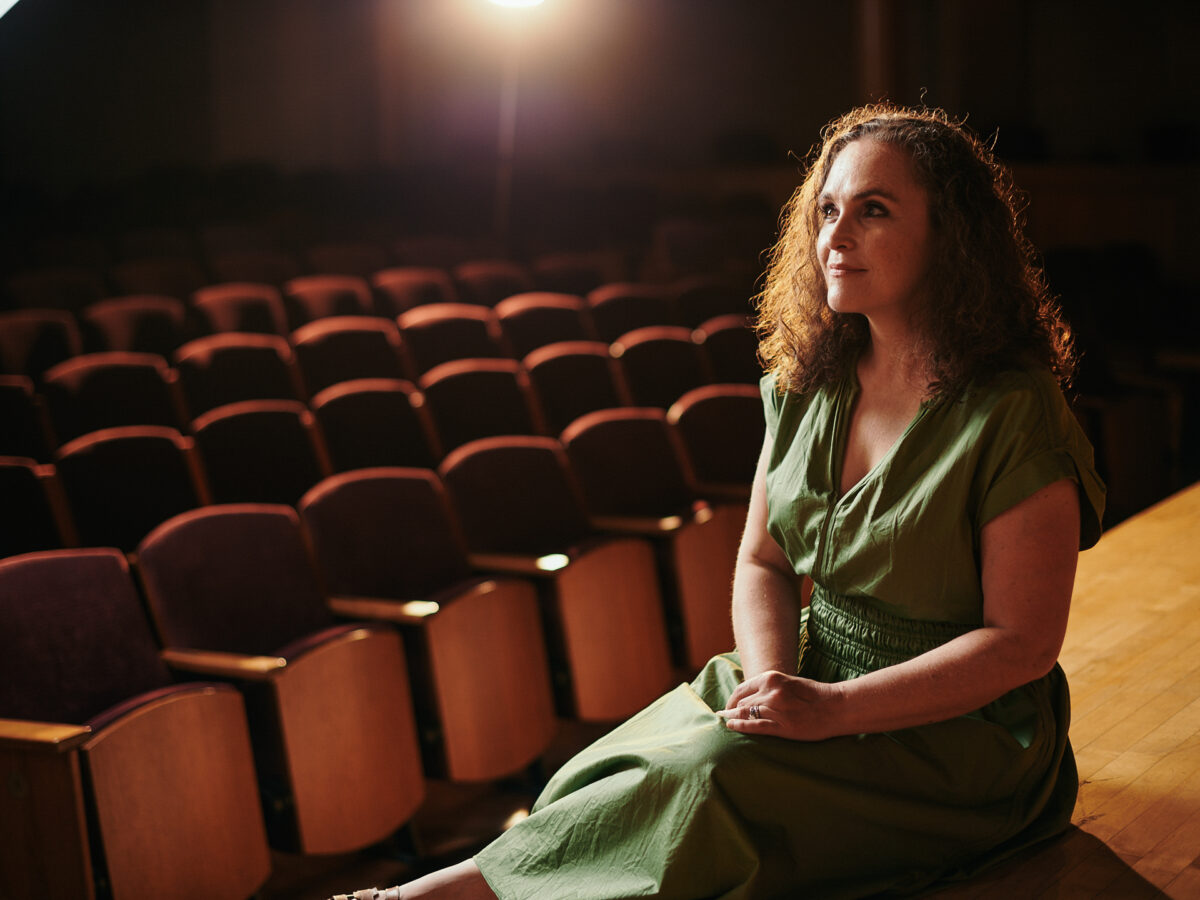
 I don’t have memories of life before music,” Greenawalt says with a laugh. Growing up in Exeter, Greenawalt started taking violin lessons at the age of 4. A few performances in theater productions during middle school made her realize that vocal arts brought out something special from within. She followed this curiosity into the Exeter Music Department, learning the art of classical singing with Adjunct Music Instructor Anna Soranno and joining the Exeter Concert Choir. A senior year excursion to the Boston University Tanglewood Institute in the wooded hills of Lenox, Massachusetts, gave Greenawalt a vivid glimpse of how a career in vocals could look and sound. “All of the educational opportunities I had at Exeter seemed to open up many possible paths through the world,” Greenawalt says. “It was such an exciting moment.”
I don’t have memories of life before music,” Greenawalt says with a laugh. Growing up in Exeter, Greenawalt started taking violin lessons at the age of 4. A few performances in theater productions during middle school made her realize that vocal arts brought out something special from within. She followed this curiosity into the Exeter Music Department, learning the art of classical singing with Adjunct Music Instructor Anna Soranno and joining the Exeter Concert Choir. A senior year excursion to the Boston University Tanglewood Institute in the wooded hills of Lenox, Massachusetts, gave Greenawalt a vivid glimpse of how a career in vocals could look and sound. “All of the educational opportunities I had at Exeter seemed to open up many possible paths through the world,” Greenawalt says. “It was such an exciting moment.”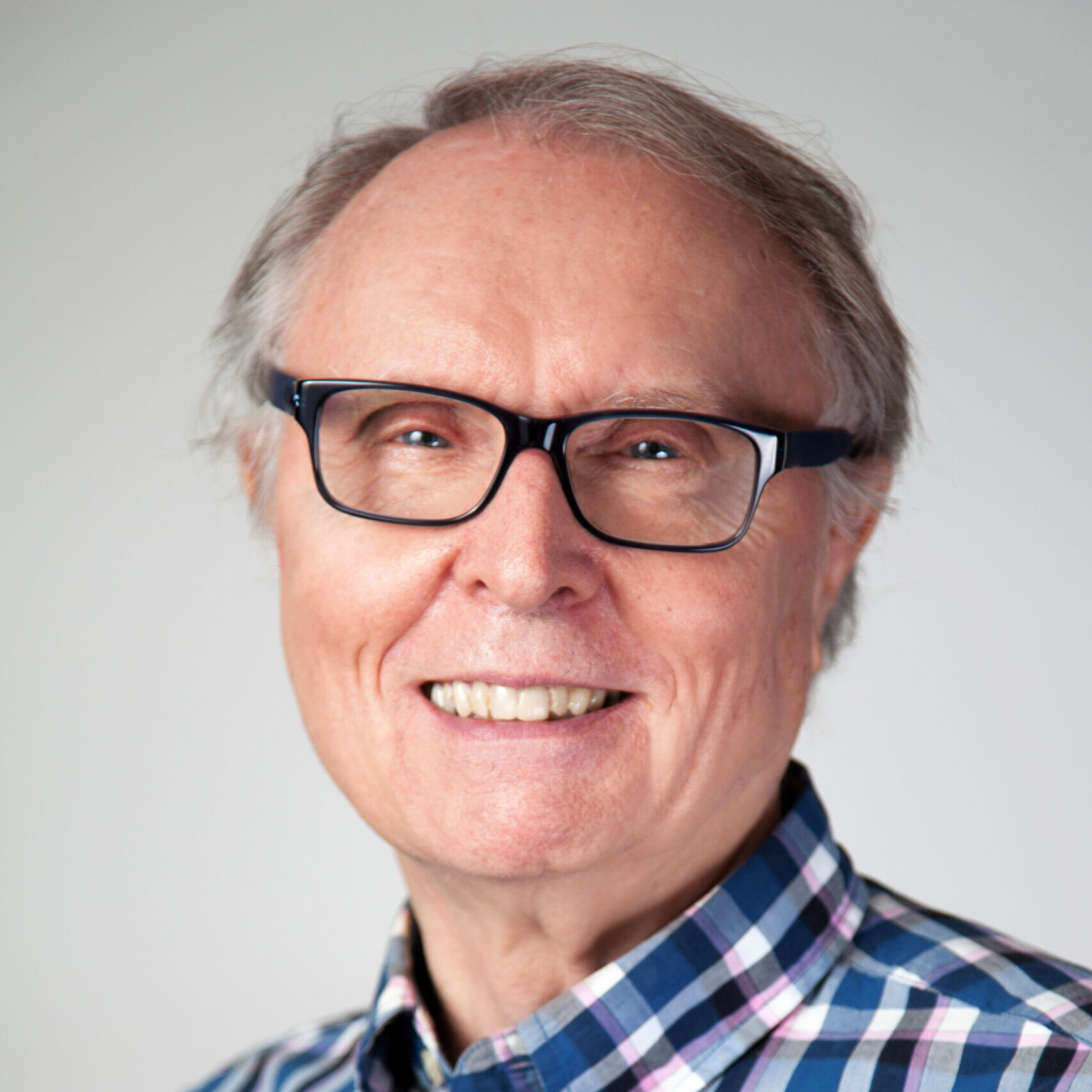 Richard Mathisen ’62
Richard Mathisen ’62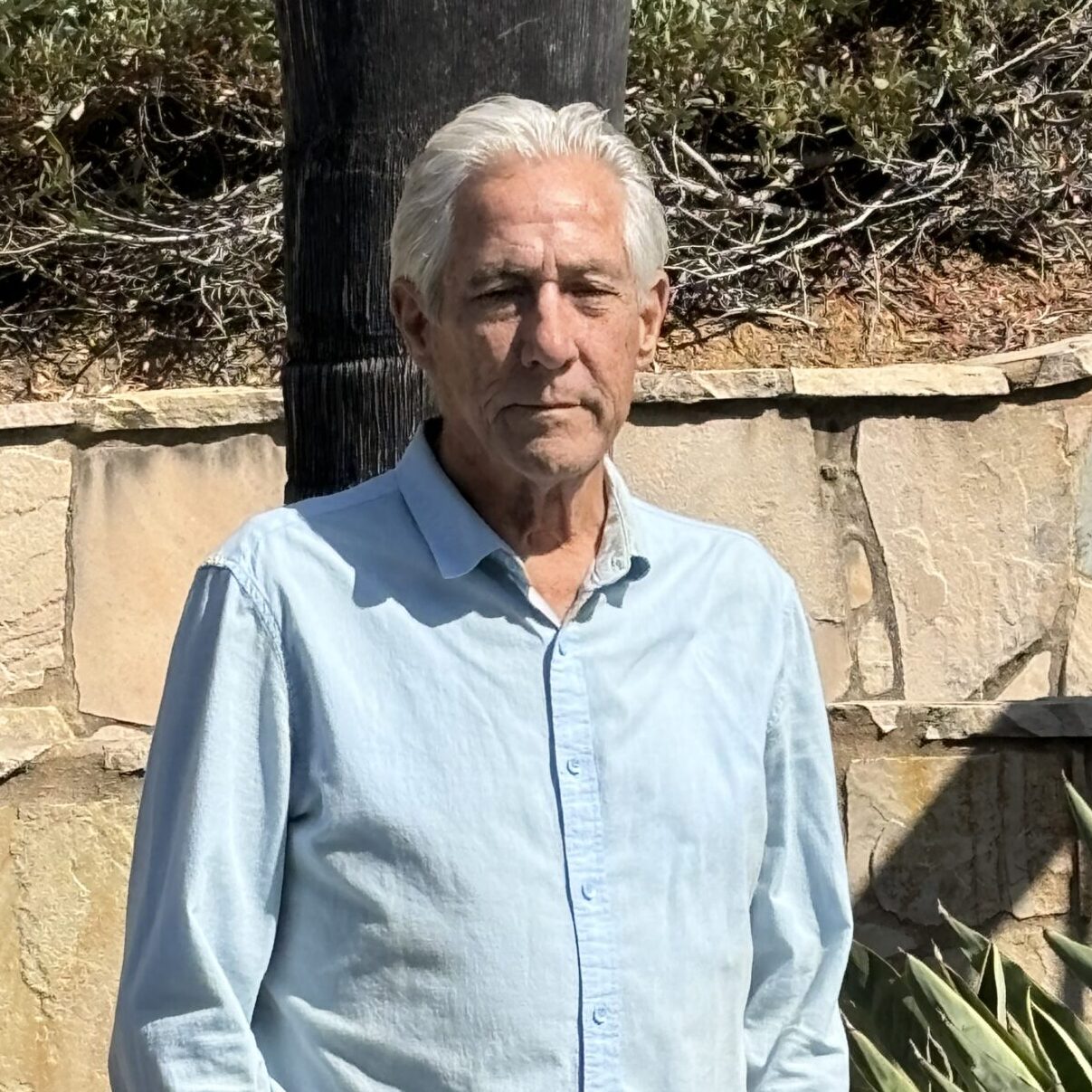 David Hubbard ’66
David Hubbard ’66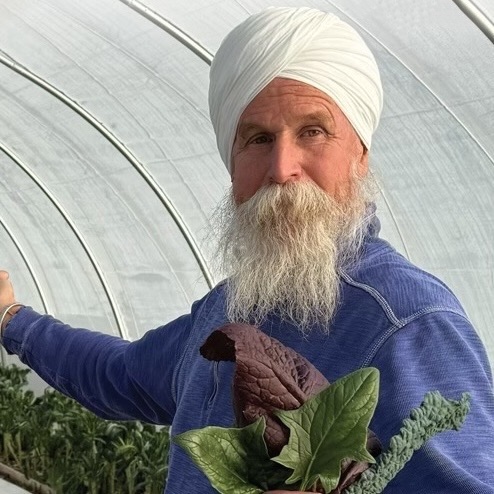 Sirivishnu Khalsa ’73 (Formerly Keith Pratt)
Sirivishnu Khalsa ’73 (Formerly Keith Pratt)